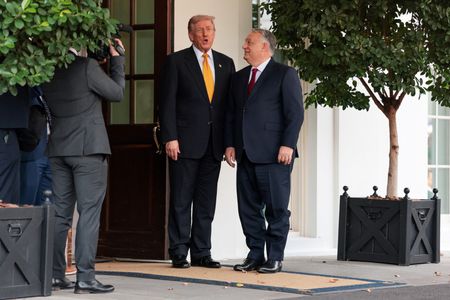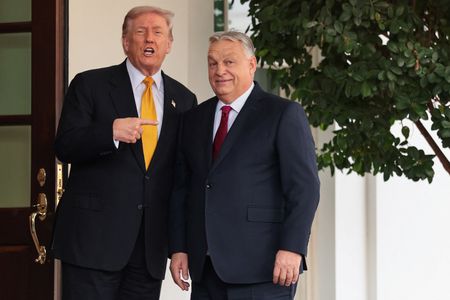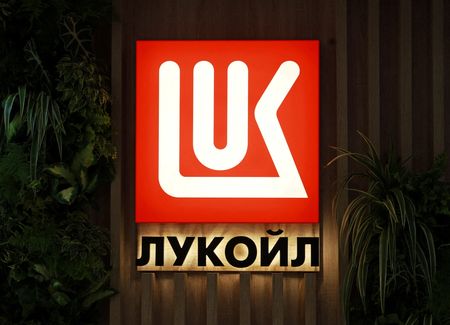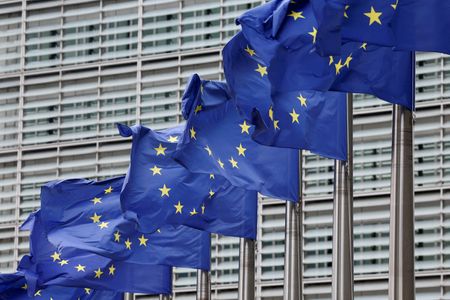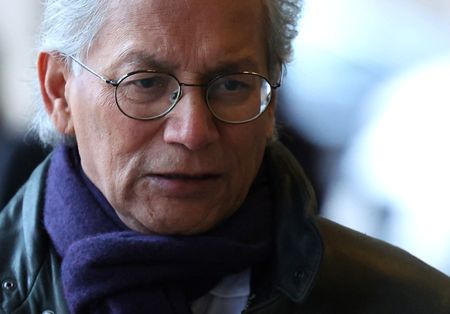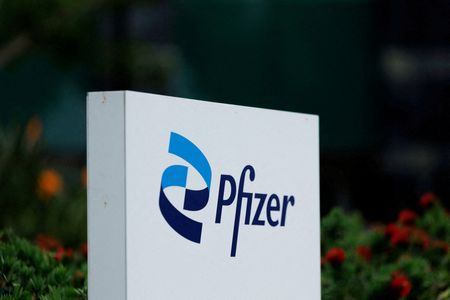BUDAPEST (Reuters) -Hungary’s agreement with Washington on a “financial shield” shows it can fund alternatives to European Union funding, which has been suspended over rule-of-law concerns, a top aide to Prime Minister Viktor Orban said on Monday.
Orban, who faces a closely fought election next year, met his longtime ally U.S. President Donald Trump at the White House on Friday, securing a waiver from U.S. sanctions for using Russian energy, a deal that has bolstered the forint.
Orban also said Hungary, whose economy has stagnated for the past three years amid high inflation following Russia’s 2022 invasion of Ukraine, had secured an agreement from Washington to protect its economy and public finances from external attack.
Janos Lazar, Orban’s Construction and Transport Minister, said that meant Hungary could no longer be “blackmailed” by the EU, with billions of euros worth of funding currently suspended due to Orban’s rule-of-law reforms.
“The United States of America will not let the Hungarian opposition, or in fact Brussels blackmail Hungary financially,” Lazar said in an interview on YouTube.
A spokesman for the European Commission declined comment.
Orban, who trails his opposition challenger based on most polls in the run-up to a 2026 election, has alleged that the EU executive was trying to overthrow his government.
“The posture of the U.S. government, its message is perfectly clear: if there is no money from Brussels, there will be money from the U.S.,” Lazar said.
“We have excellent Chinese and American ties, and the European Union should acknowledge that if they blackmail us, we will not leave it unanswered.”
The agreement with Washington also involves Hungary supporting the construction of up to 10 small modular nuclear reactors worth up to $20 billion, buying $600 million worth of U.S. liquefied natural gas and $700 million of military equipment, based on State Department figures.
(Reporting by Gergely Szakacs; Editing by Alex Richardson)

